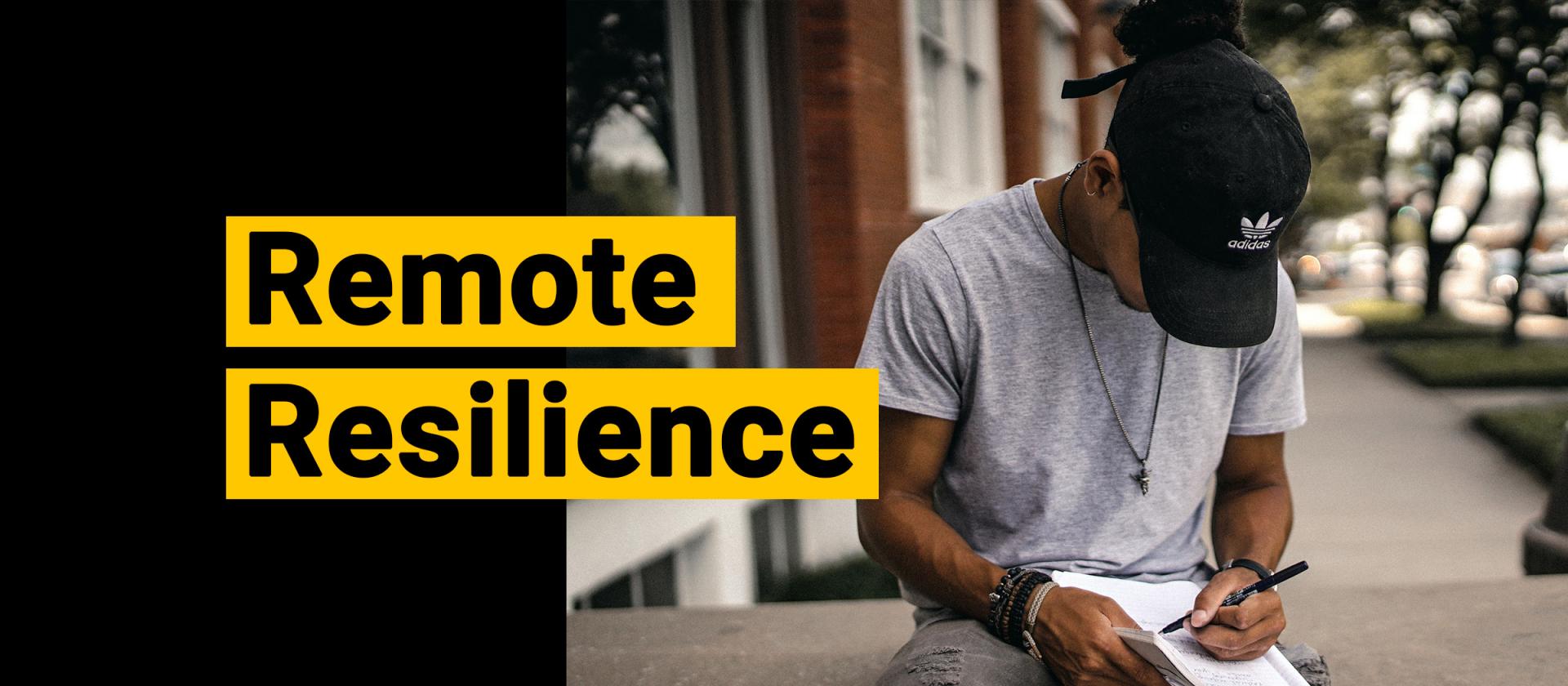Virtual Poster Contest Sparks Award Opportunities for Social Science Researchers

Read more Remote Resilience stories.
As ASU continues to monitor COVID-19, the university has transitioned from in-person teaching and learning to remote options. In this challenging time, however, the collective innovation of ASU faculty and staff has demonstrated remarkable adaptability. As a method of celebrating the good during uncertain developments, the University Technology Office is gathering success stories of “remote resilience” from the ASU community. The situation globally and across the country is changing daily, but we also plan to share these stories to keep pace.
ASU’s Institute for Social Science Research (ISSR) encountered a tough choice with its poster contest. This poster contest is held each semester to promote graduate students’ social science research, in any field, in a visual and digestible way. Since the event is typically held in a room with about 200 people at a time, ISSR’s Business Operations Specialist Sherry Thurston said, the poster contest was initially canceled altogether. “We were really disappointed because we had our highest number of submissions to date, with 88,” she said. “But about a week after we cancelled we started receiving emails from the students...For some students this was their only chance to present their research as all of the national conferences had been canceled.”
Ultimately, ISSR leveraged the software Submittable, which it already had access to, to gather and display the posters and research in a gallery format. “I am very happy that ISSR decided to organize a virtual poster contest,” said Rajiv Ghimire, graduate student at the School for the Future of Innovation in society. “This came as positive news in the midst of anxiety and confusion when everything else was being canceled.”
The showcase for the work has led to student conversations in Slack as well, Thurston said. This is an opening up of discussion to a wider net of people who may not have been able to attend the previous ten installments of the poster contest showcase, which has been held since 2015. “Compared to in-person poster contests that we had on previous occasions, more faculty members and students, who might have not been able to be at the venue at the day and time, have been able to view these posters,” Ghimire said. The virtual instance of the event also provides more time to view and understand the posters, he added.
ISSR hopes to use Zoom to stage an awards ceremony in the future, granting prize money to the winners. The transition of the poster contest to a remote modality, instead of being canceled outright, is a great example of furthering the student experience in spite of the restriction of in-person interaction. As Thurston pointed out, the poster contest was still able to act as an outlet for students to showcase, and potentially be rewarded, for their research and hard work. Ghimire said it acted as a larger symbol. “I believe that the virtual poster contest has spread the message of positivity, hope and perseverance in this unprecedented situation.”